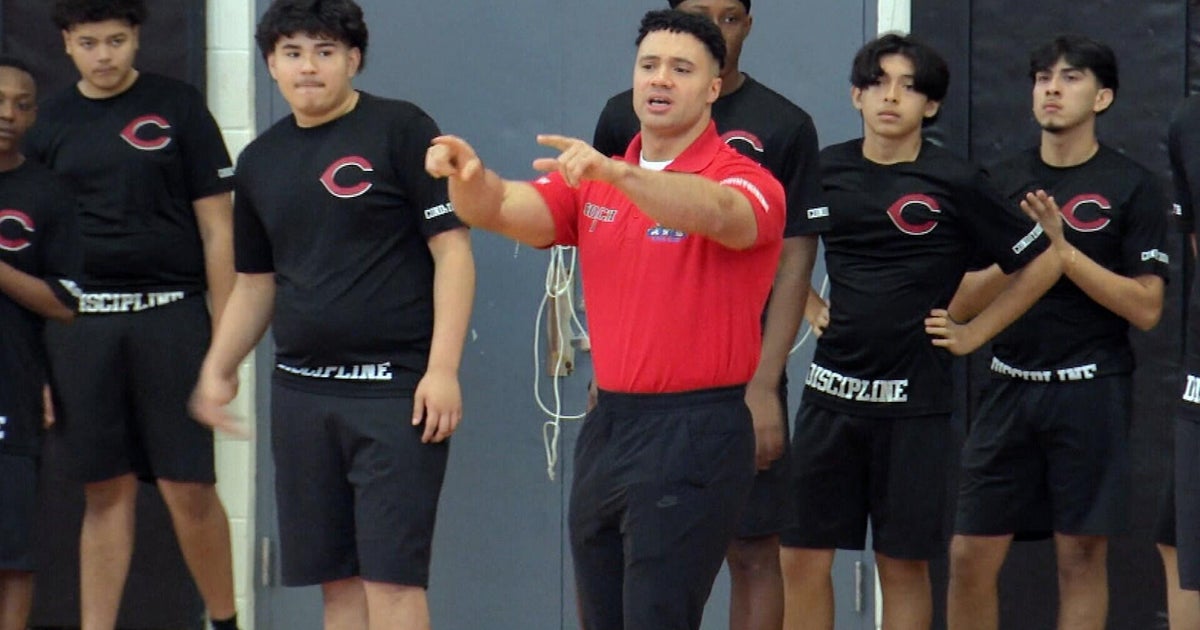5 Tips For Students Adjusting To New School Schedules
Slip n’ Slides, family trips, ice cream, sleepovers and long days spent just hanging out with friends are classic signs of summer vacation. After almost three blissful months of staying up late, sleeping until noon, and having fun in the sun, it can be tough for kids to slip back into any kind of routine. Having an end-of-summer plan in place can help make the back-to-school transition easier. Here are five tips to help kids readjust and prepare for the school bells to ring.
Live and Learn
Life itself presents many learning opportunities. Sprinkling educational activities in with summer fun will bridge the extended gap in structured learning. For instance, younger kids can work on adding and subtracting skills by counting change at the store. Baking cupcakes or cookies offers a lesson in weights, measures and fractions. A family visit to a local museum or planetarium can prompt a history or astronomy discussion. Collecting shells, rocks and insects on a beach or nature walk is a fun way to discuss science concepts. The possibilities are endless and the key is to have fun along the way.
Related: School Safety Tips For Younger Kids
Ease into an Earlier Bedtime
Getting enough sleep is a critical part of a child’s mental and physical development. Maintaining regular schedules and bedtime rituals helps them sleep better and function better at school. About two weeks before school starts reinstate school bed and wake-up times. Set the alarm, have your child(ren) get up, get dressed, eat breakfast and follow normal morning school routines. Try to set lunch and dinner times accordingly so the entire family gets back into the flow. It’s also important to implement “wind-down” routines as bedtime approaches. Have a small, healthy snack and limit screen time (video games and TV) and rowdy play about an hour before bed. Reading or drawing are great quiet activities that will help prep kids for sleep.
Brush Up on Basics
Once bedtime routines are re-established, also set aside some daily time for skill-sharpening “homework” activities. Many schools partner with summer skills curriculum programs to help kids retain what they learned and brush up on math, reading and writing over the summer. If you need to find your own study materials, grade level appropriate flash cards and workbooks can be found at stores like Barnes and Noble, Target and Walmart, or online at Amazon.com. Online learning sites like SchoolExpress.com also offer printable worksheets. Brushing up on what they know and learning new skills will boost kids’ confidence as they begin a new school year.
Establish Ground Rules
It’s important to establish ground rules so that your child understands expectations and boundaries once school is back in session. Where and when will homework be completed each day? How long can friends play or hang out on school nights? When is TV or electronics time allowed and for how long? What chores must be completed in addition to schoolwork and after school activities? Is there a caffeine cutoff? What types of clothing is or isn’t appropriate for school? Will older kids be able to drive to school and how often? Setting guidelines before school starts will help de-stress the daily routine and minimize conflicts.
Start a Dialogue and Set Goals
Some resistance to returning to school is normal. Mild jitters or general grumpiness can usually be kept at bay with gentle reassurance. However, if your child seems overly upset or frightened, it’s vital to open up a dialogue and dig deeper to understand why he is feeling this way. Is he being bullied? Does he feel like he doesn’t fit in? Is he anxious about grades or taking tests? What can you do together to help him feel better? Many kids struggle with self-esteem issues and other fears, and it’s important to draw them out and help them feel safe, loved and understood. You may want to speak with your child’s teacher and guidance counselor at the beginning of the year to make them aware of any potentially serious concerns or insecurities your child has. Above all, frequently remind your child how amazing he is, how many great opportunities await him and how important it is to keep communication lines open.
Finally, your child might get more excited about going back to school if you sit down together and help her set some goals for the upcoming year. Does she want to run for student council, try out for cheerleading or join choir? Is there a subject she wants to improve on? Does she want to make the honor roll? Talk about things your child can do to achieve her goals and let her know you are there to love, support and guide her toward reaching her fullest potential.
Lori Melton is a freelance writer. Her work can be found on Examiner.com.







